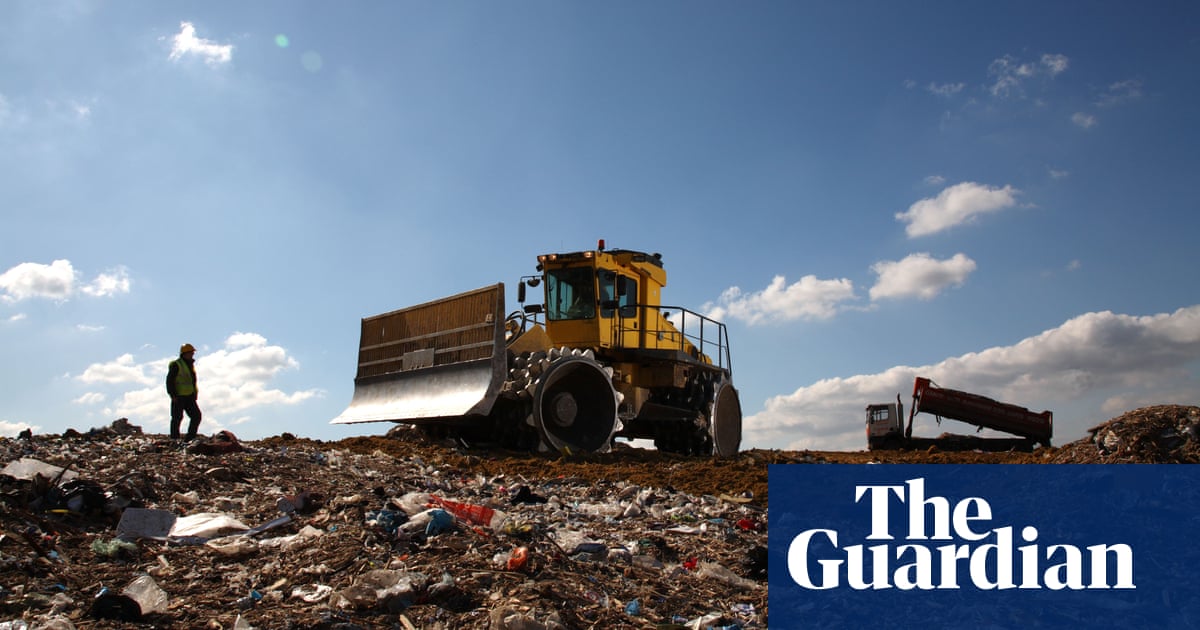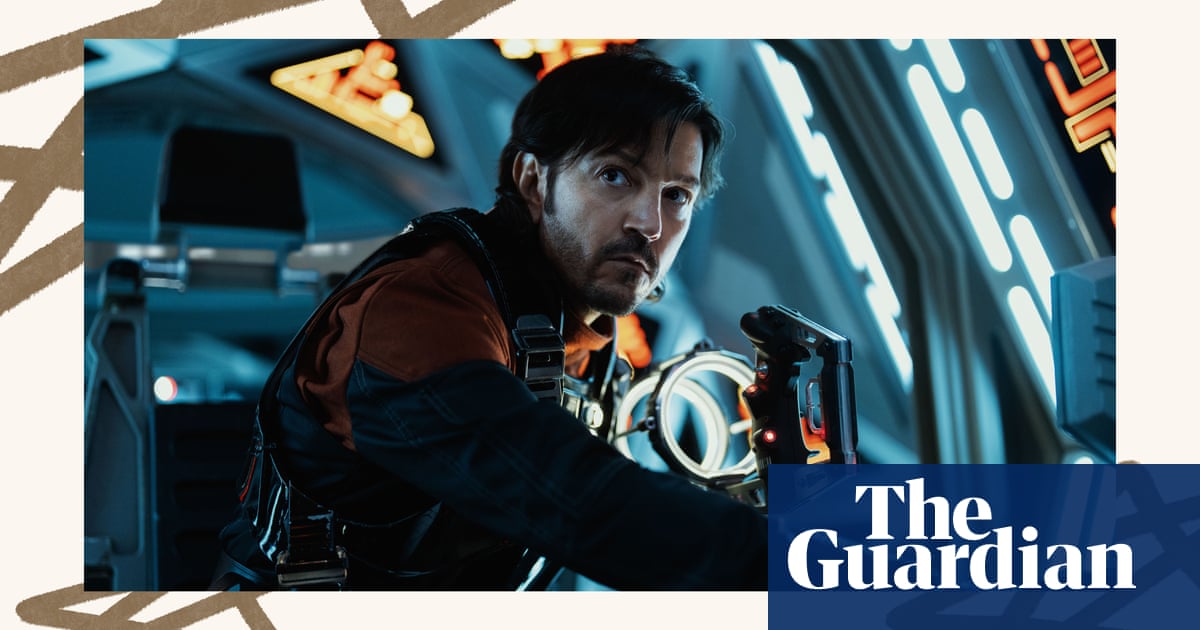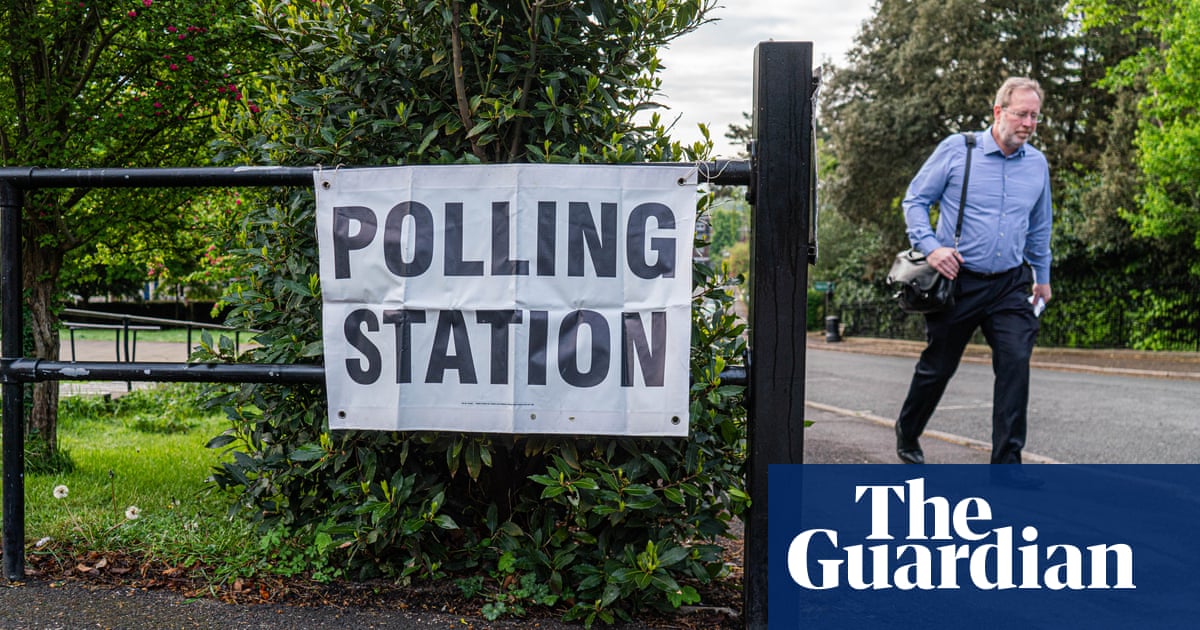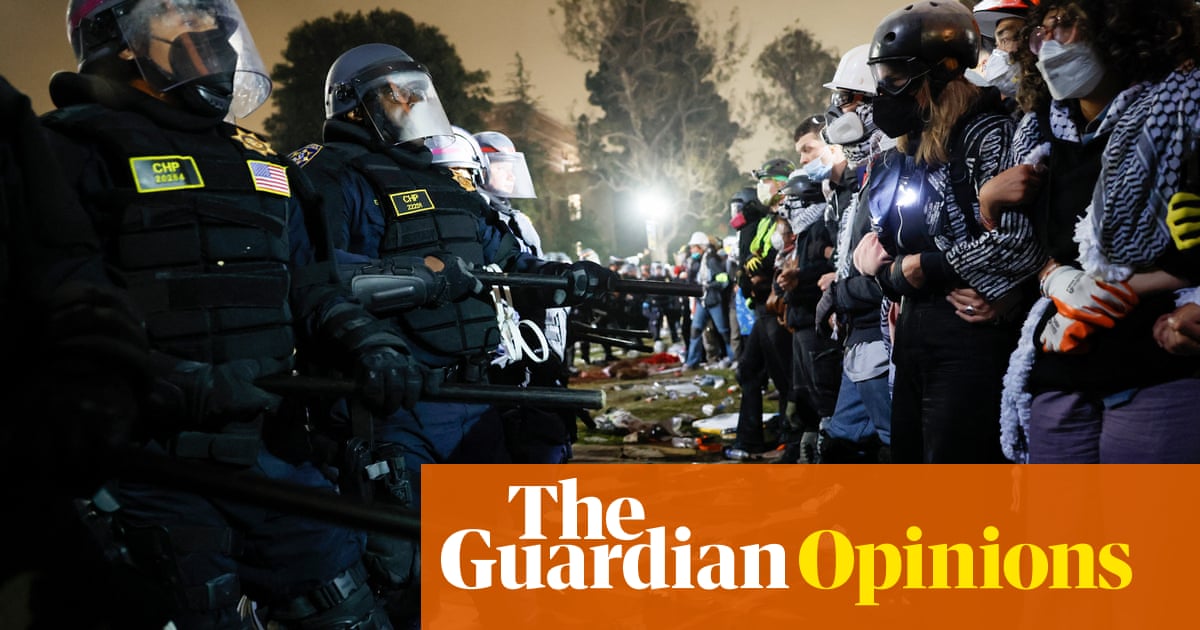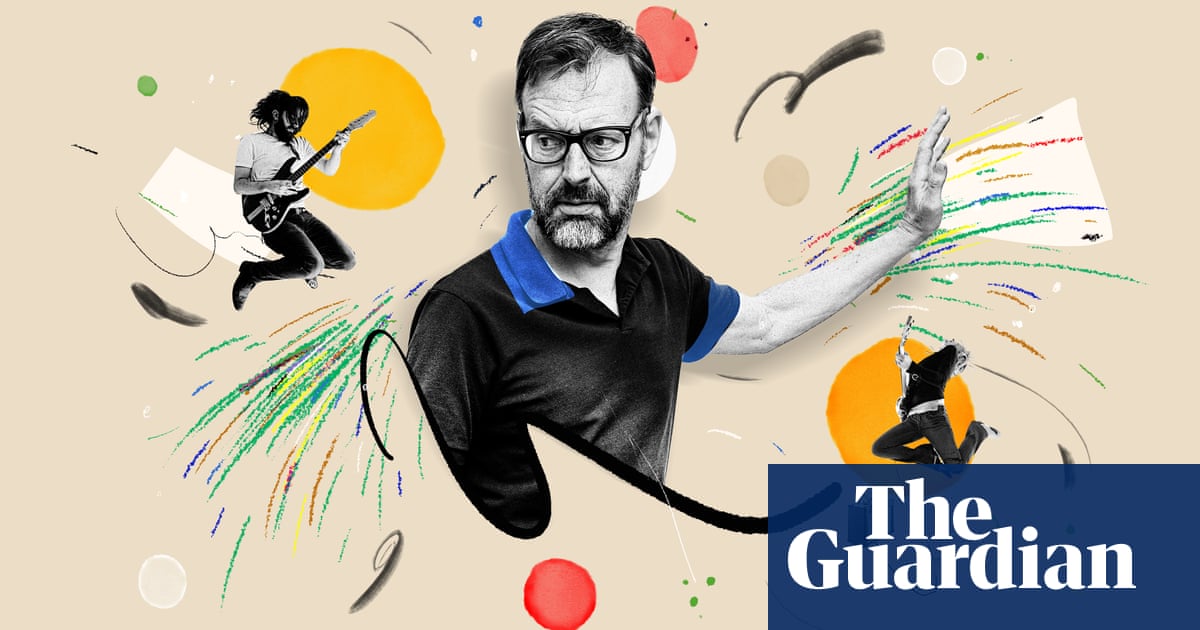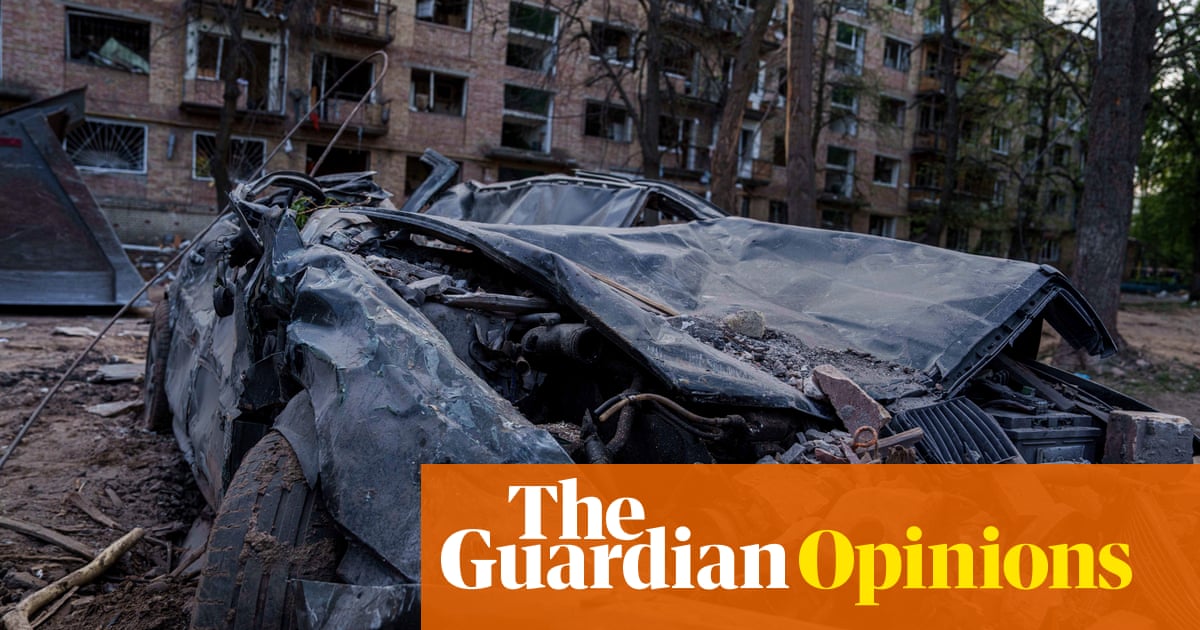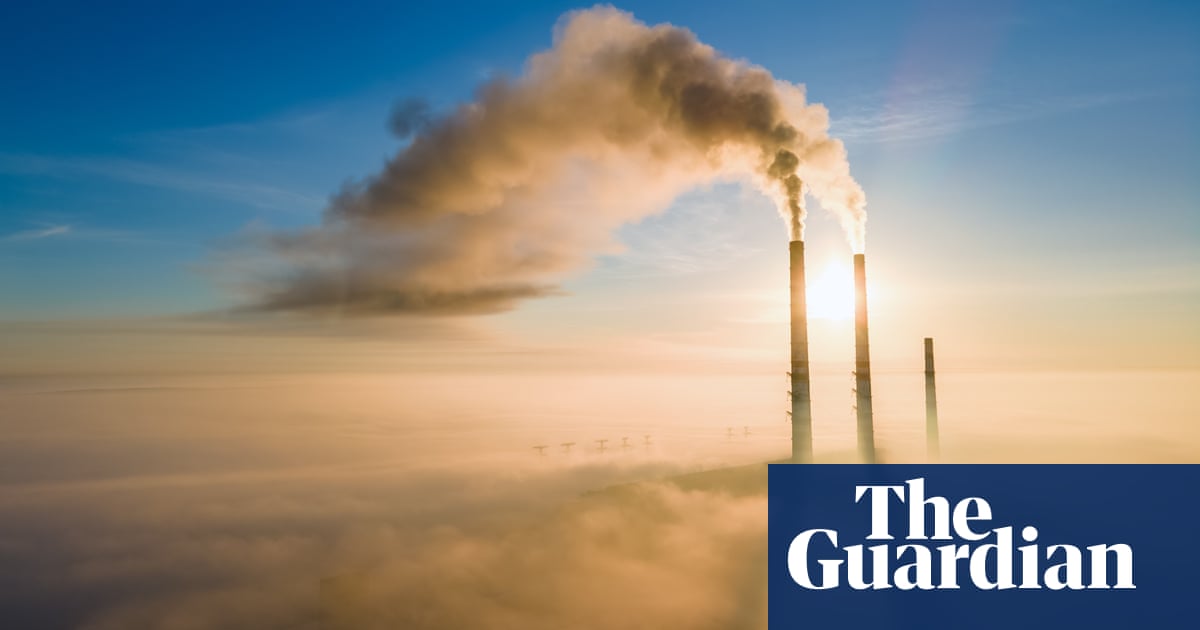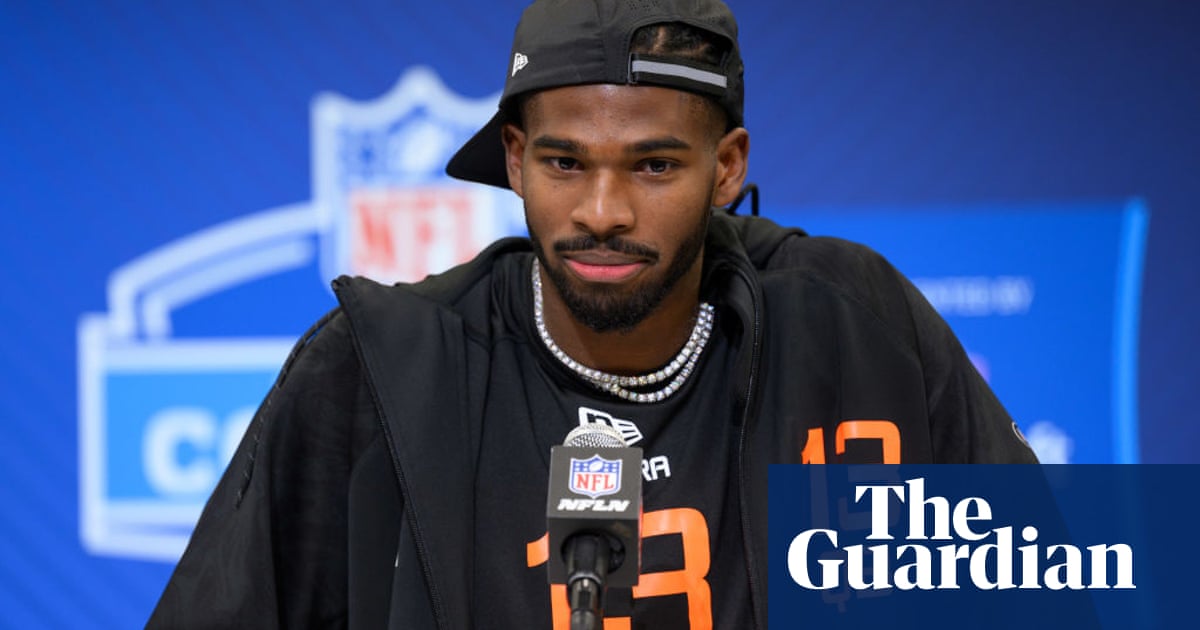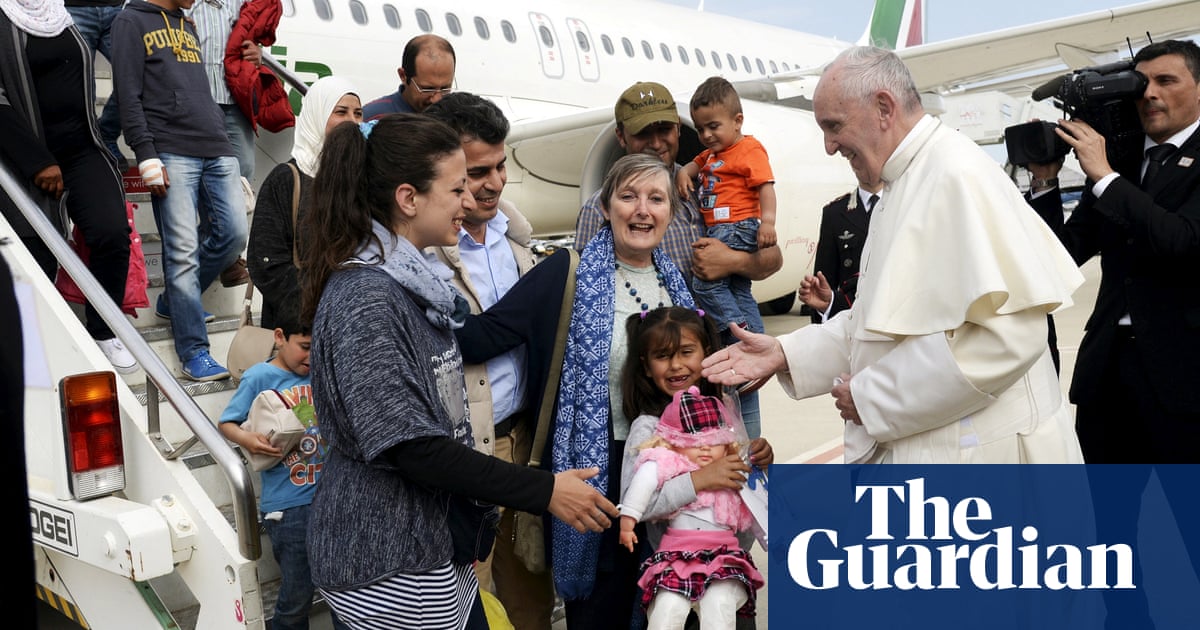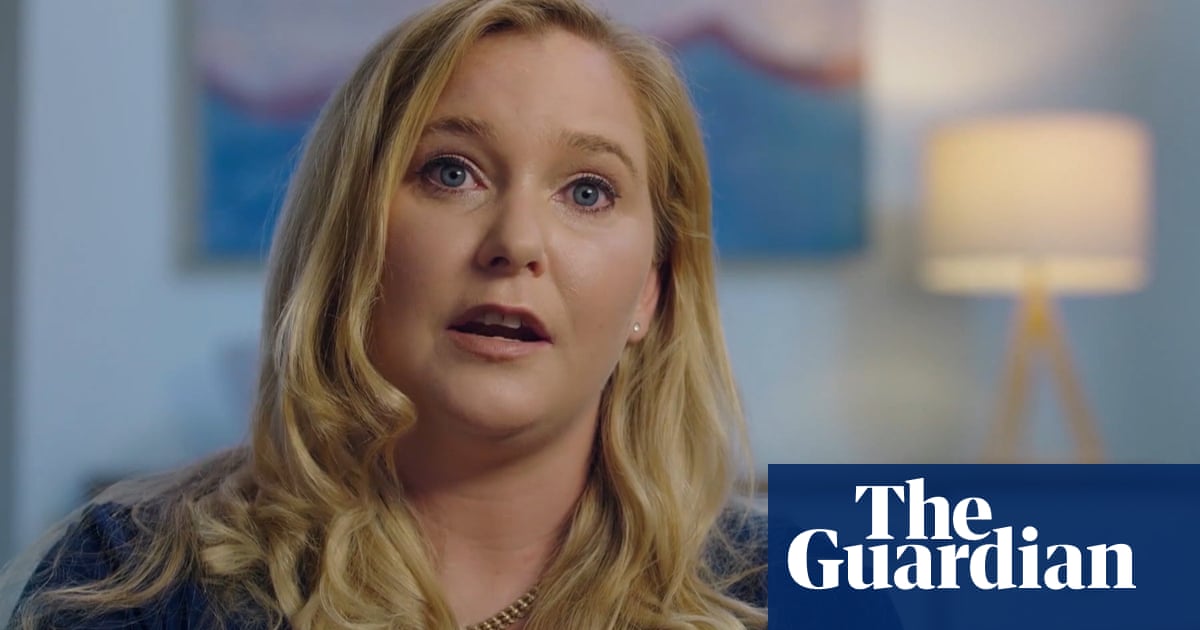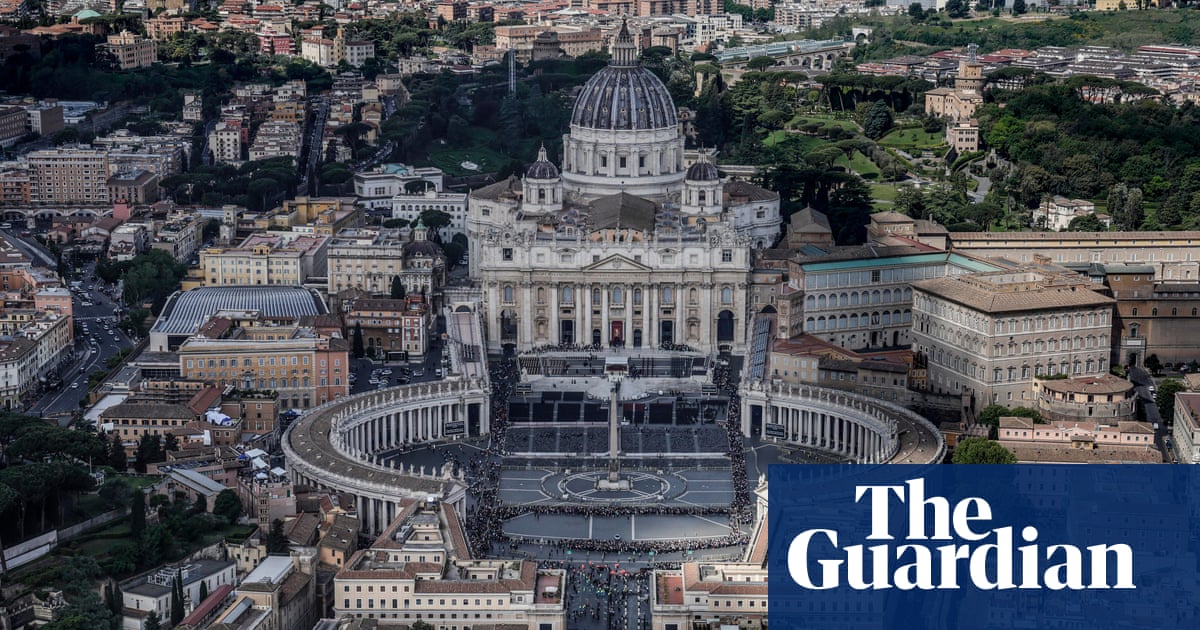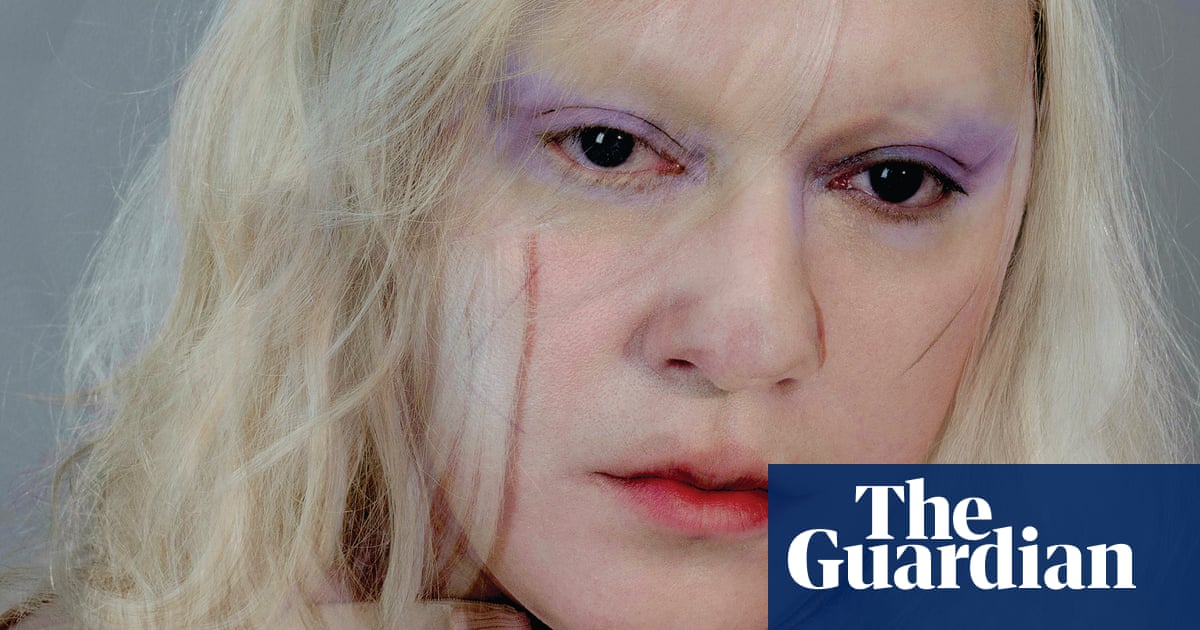I have a friend, an American author, who writes about war. Over the past decades, he has been to South Sudan, Rwanda, Congo, Afghanistan, Iraq, Gaza and other conflict zones. In the case of Ukraine, he said one thing stood out: here it was obvious who was the aggressor and who was the victim. Alongside Bosnia, Ukraine’s resistance to Russia remains, in his opinion, one of two truly just wars.
After three years of fighting a just war against Putin’s aggression, we are now facing, with Donald Trump, an unjust peace. Ukraine will lose lands and will not receive compensation for its losses. War crimes will go unpunished and Ukrainians will not be provided with the security guarantees needed to protect them from future Russian attack.
It is not a new scenario. Think of the Russian-Georgian war of 2008. Russia attacked neighbouring Georgia, yet the then French president Nicolas Sarkozy, whose country held the presidency of the European Council, did his best to appease Russia, forcing Georgia into a humiliating peace.
Russia’s war on Georgia had another, lesser-known consequence. After Russia’s victory, Vladimir Putin subsequently adopted plans for a full-scale war against Ukraine. The weak western response to Russia’s aggression in Georgia gave Putin reason to believe that it would react similarly in the case of Ukraine. Just as his war against Georgia was largely a reaction to its pro-western revolution of 2003, Ukraine was to be “punished” for the 2004 Orange revolution that threatened to move Ukraine out of Russia’s orbit. Putin’s plan leaked and its details appeared in a 2009 newspaper article written by two leading Ukrainian security experts. But at the time it was considered so fantastical that few people credited it.
In any case, Ukraine was spared whatever fate Putin had in mind for it in 2010, when the pro-Russian Viktor Yanukovych came to power. In 2013, Yanukovych surprisingly supported Ukraine’s journey towards European integration. But in a sudden volte face, when it came to signing a historic association agreement with the EU that year, he pulled the plug. This abrupt change of heart came after a meeting with Putin. There was speculation that Putin coerced Yanukovych by threatening to launch his war on Ukraine if the country continued its westward movement. Yanukovych’s unilateral refusal to sign the EU agreement triggered a new wave of protests that began in Kyiv in November 2013 – and eventually became known as the Euromaidan revolution.
The standoff dragged on for months, and by early 2014 it became clear that a Russian invasion was only a matter of time. I am telling this from my own experience: during the Euromaidan, I worked at an ad hoc thinktank, and we were informed about Putin’s plans. We knew we had only until the end of the Winter Olympics in Sochi. Immediately after it ended, the annexation of Crimea began. According to the thinking in the Kremlin, this was supposed to initiate a “Russian spring” – an uprising of the Russian-speaking population of Ukraine against Kyiv. It failed to materialise. The majority of Ukrainians, regardless of what language they spoke, did not want to let war into their homes.
Instead of a civil war in Ukraine, Putin got a low-intensity war in Donbas that he could not win. Still, he knew how to wait. Those who know Putin well say the philosophy he lives by is similar to that of judo – a sport he has practised since his youth. In judo, you stay close to your opponent and wear them down until they give up. Despite the failure to achieve his goals in 2014, Putin abandoned nothing. The full-scale invasion of 2022 confirms this.
More than once, Putin and his spin doctors have insisted that Russia is not at war with Ukraine, but with the west in Ukraine. He sees Ukraine as an artificial nation, created by the west to subvert Russia’s power. Independent Ukraine is guilty by the very fact of its existence. Truce is possible in such a war but not peace – just as there could be no peace in the war between Rome and Carthage.
However, a truce would resolve very little if anything. And for Ukraine it would bring an additional risk. From the beginning of the war, Ukrainians have been demanding a just and lasting peace. Now, instead, they will get a shaky and unfair truce.
The discrepancy between high expectations and humiliating reality is one of the most reliable indicators of a pre-revolutionary crisis. Unlike 2004 and 2014, a new revolution could be led by people who have returned from the front and feel betrayed by their own government. The resulting civil conflict would give Putin the perfect opportunity to invade Ukraine again – this time under the pretext of establishing political stability.
In February 2022, Putin’s objective was to capture Kyiv in three days. What he failed to do then, Trump may help him to achieve within the next three years or even sooner. And then, the whole world is before him. Experts say he will be ready to attack the west within the next three to five years.
Many in the west are ignoring his long-term ambitions now, just as they ignored them in 2008. But if history has anything to teach us, one of its lessons is this: you cannot appease an aggressor who is thinking long-term. Ukrainians learned this the hard way. Prior to the full-scale invasion of 2022, we were warned about the war but we didn’t want to believe it. It is probably human nature to mobilise only once a threat becomes real.
I would love to be wrong, but my historian’s gut tells me that in February 2022 the world entered a decade of war. The saying “if you want peace, prepare for war” remains as relevant after three years of war in Ukraine as it has been for 2,000 years.
-
Yaroslav Hrytsak is a historian and professor at the Ukrainian Catholic University in Lviv

.png) 2 months ago
33
2 months ago
33





